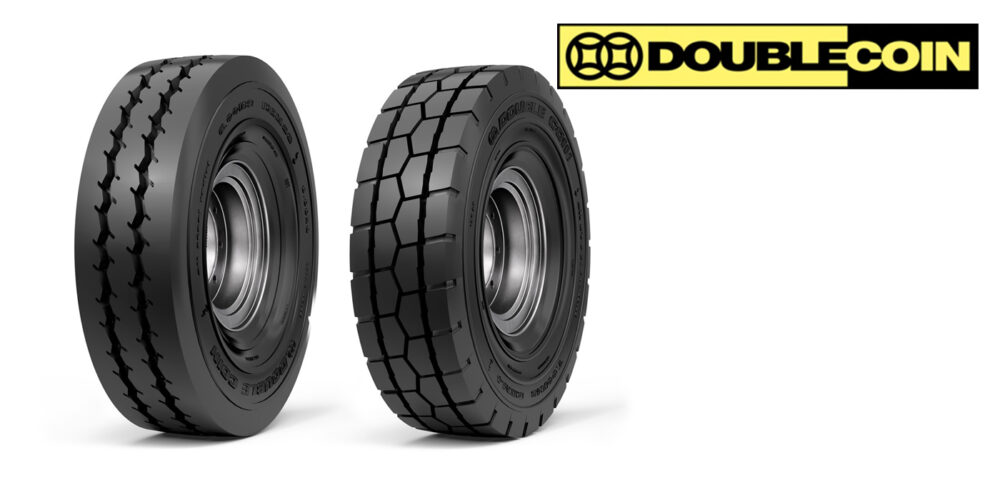Questions about cold weather operability are common for those of us in the biodiesel industry, and I’m happy to answer them—because biodiesel blends are used by fleets and truckers problem-free throughout North America, including during the depths of winter when used properly. Yet biodiesel’s alleged cold weather issues is one of the most persistent myths related to biodiesel. So I’m going to give you the facts on this and a few other myths.
Myth: Biodiesel doesn’t work in cold weather.
Fact: Proper additive use and storage and blending methods allow biodiesel to be used even when the temperature drops below freezing, just like with petroleum diesel. You don’t have to take my word for it, though. Click here for a short video on G&D Integrated, an Illinois-based for-hire carrier that has seen engine performance stay strong since switching its large diesel fleet to year-round use of a B20 blend (20% biodiesel, 80% petroleum diesel).
Myth: Biodiesel use will void warranties.
Fact: Nearly 80% of OEMs producing diesel vehicles for the U.S. market support B20 or higher blends. That rises to almost 90% for medium- and heavy-duty truck OEMs. That includes PACAAR, which in 2016 announced its support of B20 for engines that are in nearly one million Peterbilt and Kenworth trucks.
Myth: Biodiesel does not perform as well as diesel.
Fact: Biodiesel has superior lubricity and higher cetane than petroleum diesel and provides similar horsepower, torque and fuel mileage. Blends up to B20 can be used in existing diesel engines and fuel-injection equipment with little effect on operating performance.
Myth: Biodiesel fuel quality is inconsistent.
Fact: Biodiesel meets stringent ASTM fuel specifications. The industry’s BQ-9000 accreditation program offers additional quality assurance.
Myth: Biodiesel produced from animal fats is inferior to vegetable oil-based biodiesel.
Fact: A skilled producer can make high-quality biodiesel out of a variety of feedstocks. A feedstock-flexible approach allows for more predictable pricing and availability, lets the producer capture the best qualities of different feedstocks and can help the end product achieve a lower carbon intensity score. Even better is distilled biodiesel, which is more pure, has the potential for lower carbon intensity because of feedstock flexibility and performs better in the cold weather than biodiesel purified under the traditional method.
This article was contributed by Jon Scharingson, Renewable Energy Group Inc. Visit regi.com for more information.














